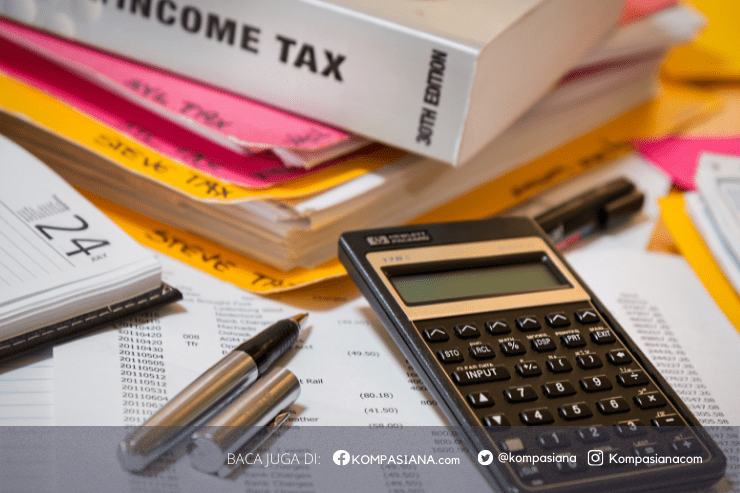According to law, No 11 of 2016, tax amnesty is a program about tax forgiveness and in exchange of forgiving in which the taxpayers should pay ransom money. Based on the definition, the taxpayers should report their own assets such as houses, vehicles, other properties, and the other assets in detail to the country. Getting tax forgiveness means that existing report data has been restored, some of the tax debt is also abolished.
Tax amnesty is divided into four kinds [Erwin, (2006) in Santoso & Setiawan , (2009)]. First, tax amnesty which still requires the payment of tax principal and only forgive the criminal sanction of taxation. Second, tax amnesty which requires the payment of past outstanding principal and interest. Third, tax amnesty which still obliges to pay the old tax principal.
Fourth, tax amnesty is most loose because it forgives the past tax principal whose purpose is to increase the number of taxpayers. In addition, tax amnesty policy includes three periods. The first period is on Maret -- September 2016, then the second period is on October -- December 2016, and for the third period is on January -- Maret 2017).
This program has been held by the government since 2016, and it has been a trending topic until now. There is also a lot of pro and contra about this program in our society. Those who are contra seem to less understand about the program. Actually, the main reason that Indonesia imposes tax amnesty is to increase nation's income and growth of economy.
Improving the state's revenue by tax amnesty is through reporting the unreported assets. In Indonesia, there are still assets that have not been reported to annual notification letters. Property to be reported not only in the form of income, but also assets. All property considered luxurious by the taxpayer must be reported to the tax authorithies.
Properties that are considered luxury not just like mobile phone, but the properties that also have benefits (Setyaningsih, 2017) Beside that, according to attachment II concerning the regulation of director general tax number 19/PJ/2014, it explains some of the property that must be reported by the taxpayer in the annual taxable letter those are; 1) Assets previously reported on the annual tax return, but if the property has already been sold, it is necessary to report, 2) Cash and cash equivalents, is meant to be cash, savings, deposits, demand deposits, and others, 3) Assets that include means of transportation, such as cars, motorcycles, ships, planes, 4) Jewelry, 5) Immovable property, which means immovable property such as furniture, electronic equipment, and others, 6) Land, residence, and place of business. Thing such as clothing, handbags, shoes, or household appliances such as plates, knives, and the other do not need be reported unless the price is very expensive. According to the reported assets that have been described, there will be tax revenues which can further increase national income automatically.
Another way is to repatriate or withdraw funds of Indonesian citizens who are abroad. As we know, the directorate general of tax will utilize the program of automatic exchange of informatics or AEol between countries to hunt tax revenue in the upcoming years. There is potential for large tax revenues from property hidden by Indonesians abroad.
Taxpayers' overseas property is estimated at 4,000 trillion. Whereas, the total foreign wealth reported by the taxpayer through the tax amnesty program is about 29.2% out of 4.000 trillion is 1,167 trillion [(Yoga Saksama, (2017) in Setyowati, (2017)].
In detail, out of a total of 1,167 trillion taxpayers reported in a tax amnesty, 1,022 trillion is a declaration property, while the remaining property is repatriated to the country.
While to support the implementation of AEol in 2018, the government is preparing proponent rules. Currently, the government is finalizing government regulation in lieu of legislation to grant access to the tax directorate general of foreign customers finance and through the regulation of the ministry of finance, the government requires financial institutions to provide periodic foreign financial information to the directorate general of tax.
The directorate general of tax also emphasize, they will seriously take action after tax amnesty ended on 31 March. The directorate of tax will make strict sanctions if it finds a taxpayer who has not reported his property in the annual notification letter. If the reporting program of Indonesia property placed abroad can be done well, it will be very profitable for Indonesia because more taxes will go into the state wallets and affect the increase in national income.










